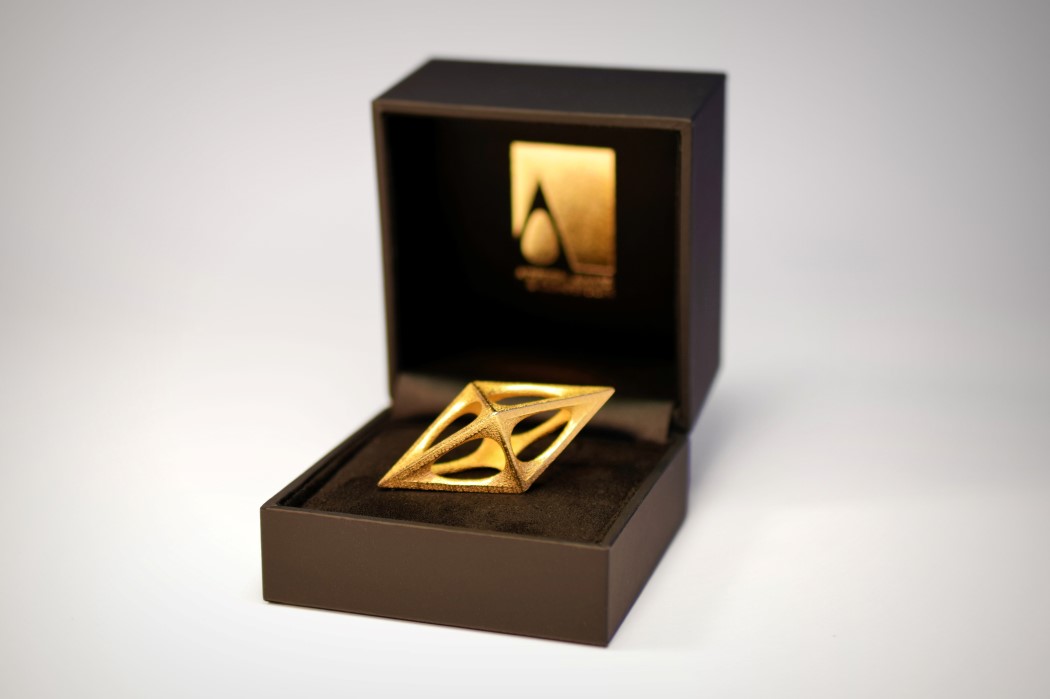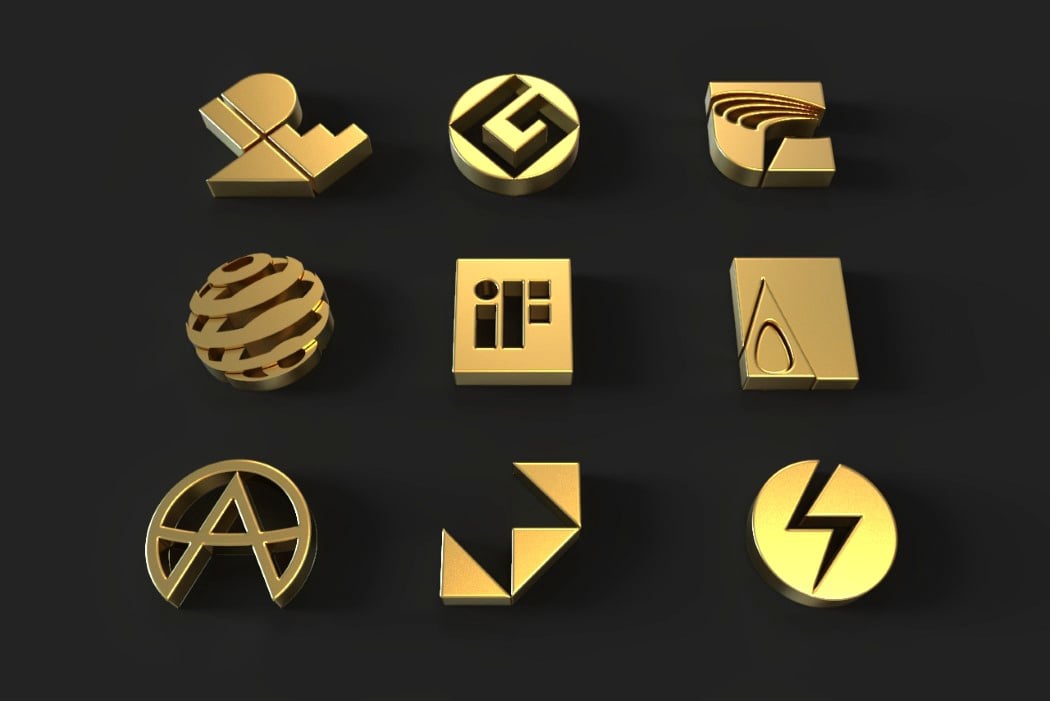
If you haven’t read our piece on What Awards Do For Your Design Career, I do recommend you check that out first. An award is instant validation. It puts a stamp of approval on your work, your process, and even you as a designer, helping you stand out from the rest. Awards, aside from validation, also have a number of additional benefits. Cash prizes, trophies, internship opportunities, interested funders/clients, collaborators, and just a fast-track to getting your work seen by thousands if not millions. Here, we try to break down the process of applying for a design award and deliver some insights on what you can do to maximize your chances of winning one. This is, by no means, some cheat-sheet or a hack, but just a very structured way of choosing your battles properly and having the correct strategy in place to win them. So let’s dive in, shall we?
WHAT ARE YOU GUNNING FOR?
You’ve got a project, you want an award. Pretty simple, right? Actually, it’s much more complicated than that! Awards, as many as they are, don’t operate on the same principle. Yes, they do reward great design, but a few things change from award to award… the most noteworthy ones being –
A. Different award programmes reward different aspects/types of design. Not all awards are the same.
B. Jury panels vary from award to award, and from location to location.
C. Prizes vary from award to award too.
D. Budget – Perhaps the most crucial part of a design award. Awards require money. Some more than others.
So ask yourself what you’re gunning for. You could be looking for a stamp of approval on your work/portfolio, or you could be looking for potential collaborators/investors, or even press coverage. You could perhaps do it for the prize money, or a dream job. Based on what you exactly want to achieve, your choice of which design award to apply for will change. Here are a few steps to help you get on the right path.
KNOW YOUR AWARD
Every award is different. It’s important to do a little research on the awards, their requirements, etc. If you’ve got a conceptual product, maybe an award for design concepts is your best bet. If you’ve got a product/proof of concept and you’re looking to take it forward, an award that grants you that sounds like a perfect plan of action. Some awards are category-specific too. There are awards that are strictly for architecture, some specifically for designs aimed at enabling people with special needs, and some just for consumer electronics, or even earth-friendly. Sometimes an award could be country-specific as well. Knowing which award suits your requirements, and which award your project fits best into really goes far to help secure your spot on the winner’s stand.
Spend a healthy amount of time reading the award’s About Us page. See what their aim is, what their ethos is. Take things a step further and look at past winners to get a better idea of the qualitative standard the award demands. Ask yourself if your work compares to theirs. You wouldn’t design a product without putting in a healthy amount of research, so why would you send your product for an award without doing your due diligence too, right?
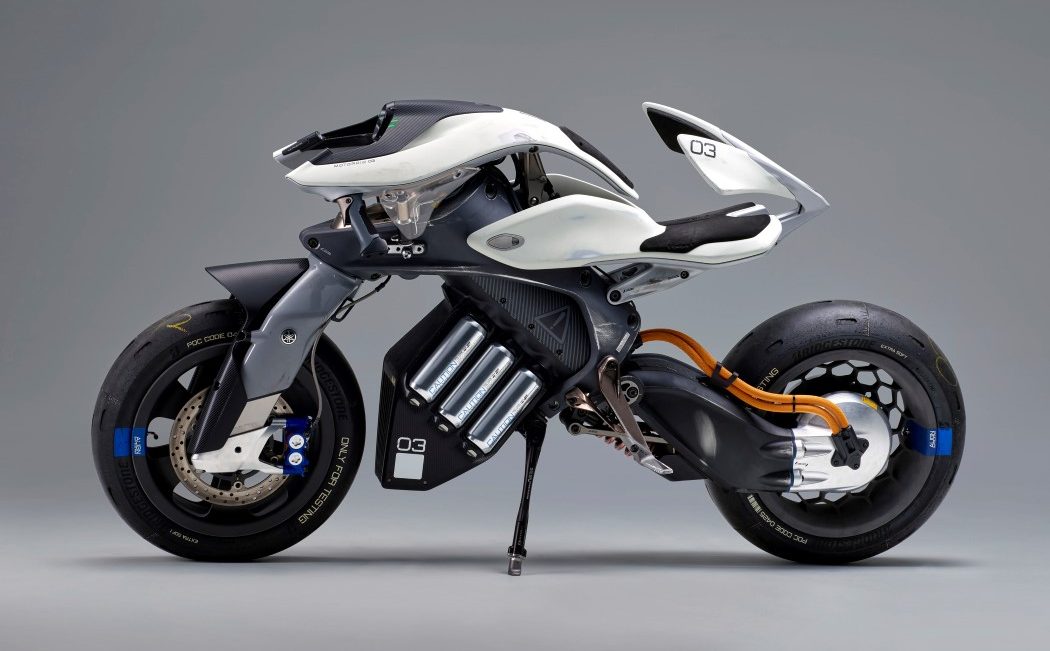
The MOTOROiD by Japanese Yamaha Motor Co Ltd won the Luminary Award at the 2018 Red Dot Concept Design Award. Red Dot is arguably one of the most well-known international award programs and is split into two legs, one specifically for product design, and one for concept design.
KNOW THE JURY
An award is perhaps the best way to get a panel of established designers and judges to look at your work. Look at the jury panels to see any noteworthy figures. Not only does the jury speak of the award’s qualitative standards, the jury is also a pretty great way to stick your foot in the door at a good design firm. Not sure what I meant? Imagine your favorite designer is on the jury panel for a design award. Sending your work to the award is a sure-fire way to get them to see your work. If they do like it, chances are they’ll remember you because of your project, making it easier to strike up a chat with them, or to even get an opportunity to work for/with them!
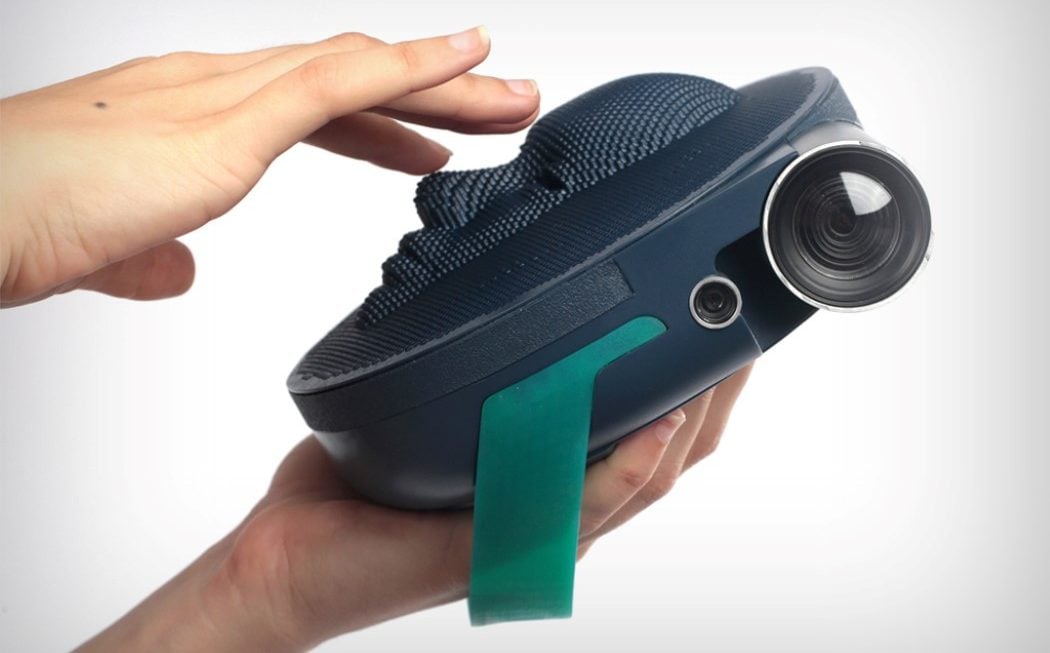
A camera for the visually impaired, the 2C3D Camera secured a win at the Asia Design Prize in 2018. The 2019 jury panel is presided over by none other than Karim Rashid, among some incredibly noteworthy talents.
KEEP YOUR EYES ON THE PRIZE
Here’s the most interesting bit… The reward! First and foremost, figure out what you’re really looking to achieve. Some awards give you media-coverage, some awards give you a cash prize, some awards give you job or internship opportunities, and most awards come with their fair share of recognition. If you’re looking to put your name on the map, choose a reputed national or international award… preferably one that has a strong marketing/publication component. If you’re looking for a cash prize to fund the growth of your product, some awards do give out hefty rewards to their winners, although winning them is definitely an uphill battle. If you’re looking to launch a product, look for an award that’s interested in prototyping your ideas. If you’re looking for a stellar work opportunity, some award programs reward internships or exchange programs too! (We’ve got a nifty design award guide coming up soon!) And here’s a critical bit. Always be prepared. Without sounding like a complete buzzkill, being handed an award is a great feeling, but it can often come with unintended consequences. Winning an award can often result in a lot of media coverage, and may open you up to a wide variety of counterfeiters, embroiling you in a copyright battle… and moreover, all awards require NDA clearance from your client, or your college, so make sure you’ve taken proper legal advice before applying for an award… Especially if you’re looking to file a patent later down the road.
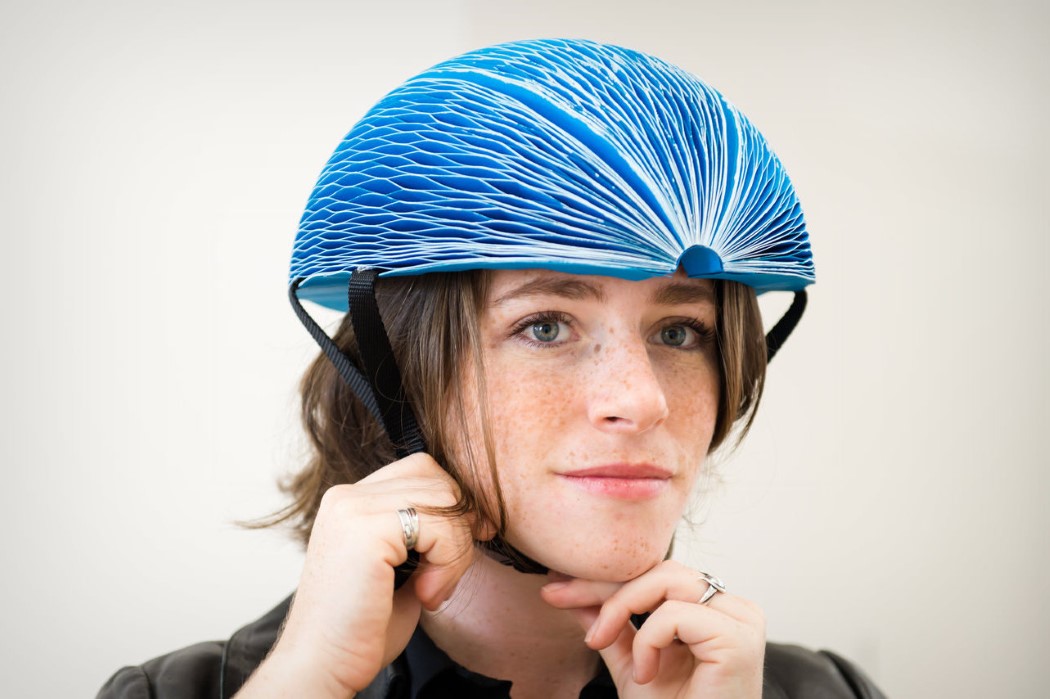
The splendid, portable, lightweight, foldable EcoHelmet received the James Dyson Inventor Award in 2016. The James Dyson Award is always looking to find young innovators with life-changing ideas for products. The winning designs are reviewed by Sir James Dyson himself, and are entitled to a hefty cash prize to help kick-start their career or their product journey.
AWARDS ARE BUSINESSES TOO… YOU NEED TO PAY TO PLAY
It’s important to look at the award from the organizer’s perspective too. Medals, trophies, prizes, juries, exhibitions, galas, and a lot of moving parts in between them, they all require a budget… and more often than none, that budget comes from award application payments, which means you need to pay to enroll for the awards program. Depending on how grand the award is, its enrollment fee varies too, which can sometimes make awards an expensive ordeal. So, factor your budget into your choice of awards too. Some awards are cheaper for students, which is just great if you’re studying with no source of income and you’re looking to bootstrap your future career. In fact, some schools will even pay the entire or a portion of the fee just to help students out (after all, a school’s reputation does increase if its student wins an award). If you’re not a student, you may be required to pay full price, so make sure you allocate a sufficient amount. If you’ve worked with a client on the project, you can even ask them to pay for the award too… after all, they benefit the most from it because the award also goes to the product AND the company. Some companies use the award logo on their websites, products, or packaging, so it’s a win-win for everyone! Along with money, time plays a big role too. Make sure you’re ready with your project way in advance, so you can enroll during the early-bird stages of the award, and conveniently skip the hefty late-application fee if you cross the deadline. Conversely, if the award is free for all (because their business model relies on something else altogether), more power to you! Go for it, you rockstar!
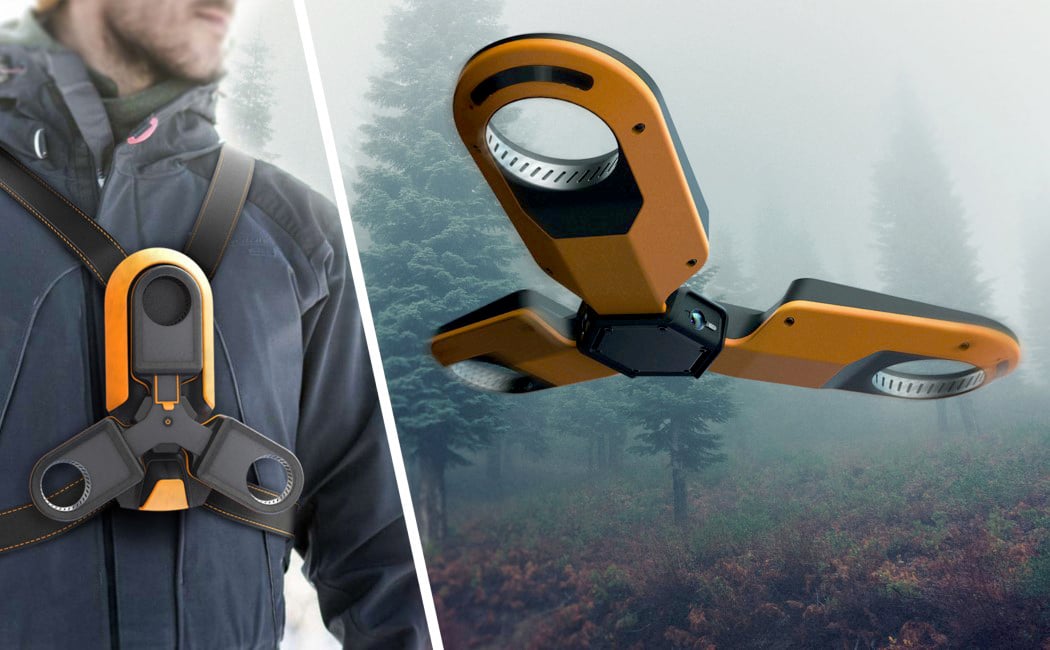
The Humla Forest Recon Drone won the iF Design Talent Award in 2018. A separate award program dedicated to rewarding upcoming talent, the Design Talent Award is a branch of the widely known, international iF Design Award. It’s exclusively for design students and is completely free of any charge.
CHOSEN THE AWARD YOU WANT TO APPLY FOR? NOW PREPARE FOR IT.
Selecting the right award is just a mere first step. The application is the daunting bit. Make sure you do the following. First, carefully read through the guidelines to see if you and your design are applicable. Once that’s done, make sure you’re aware of the deadlines, and more importantly, the deliverables. Some awards require JPEGS in certain aspect ratios and sizes, some require PDFs, some actually require printed documents, and some make it a point to ask for videos of proof-of-concept, or even your actual product (to examine and/or to showcase at their exhibition). Go through your project with a fine-toothed comb making sure the renders aren’t pixelated, colors are accurate, and DEFINITELY avoid grammatical errors or typos. Ask a friend, colleague, or mentor for feedback on the layout, the aesthetics, and whether the information and design intent looks crisp and clear. You can even go one step further and ask past-winners of the award for some key pointers and tips. Never underestimate the power of a fresh perspective or a piece of critical advice.
Lastly, check to make sure your client, university, design-teammates, or even your boss are all okay with you sending the project for an award. Getting that approval is crucial because the last thing you want is to violate confidentiality agreements, or not credit an individual or organization if they played a part in your project! Once you get a green signal, and you’re happy with the quality of your output, and you’ve checked everything off your to-do list, send the application in! The earlier you send your application, the better. Not only do you save money on regular or late fees, but some competitions offer preliminary judging to give you pointers and feedback that can help make your application better. It’s always great to know that you’ve put in every bit of effort to deliver your best work!
What next? Well, you know what’s better than one award? Multiple awards! Securing accolades from multiple award programs and competitions is a sure-fire way to brand yourself as a great designer. Whether you’re a student, a professional, a team, or even a studio, winning awards is a great way to gain a reputation. It helps put you, your product, your client, your university, and even your own company/brand on the map! Applying for awards can be a daunting task, but the benefits definitely outweigh the demerits – besides, if you don’t apply, you can never win, right!? So I hope this guide should prove incredibly handy when you’re looking to send your work in for a design award! And hey, all the best!
Also Check Out: You’ve Won A Design Award, What Next?
